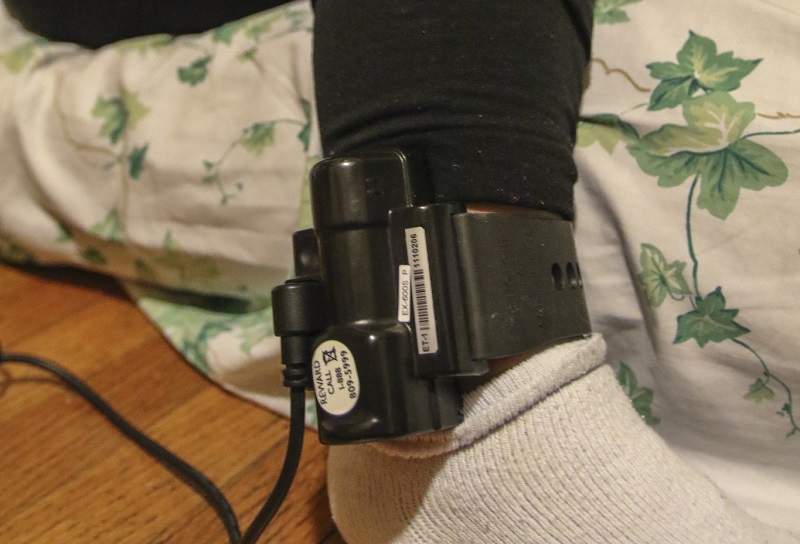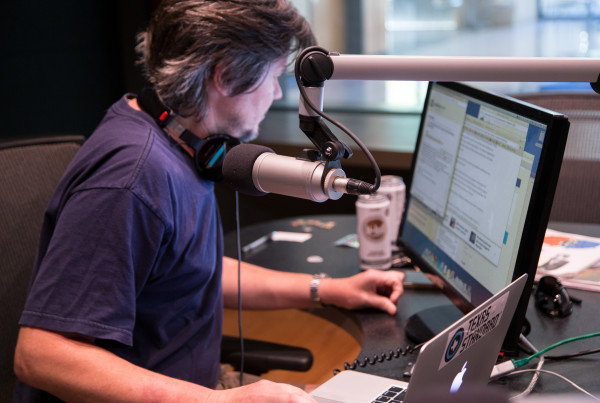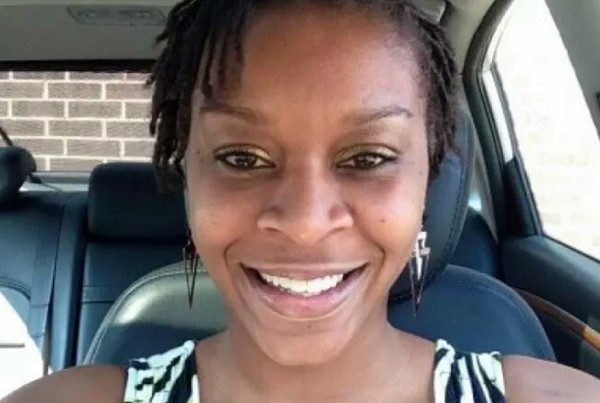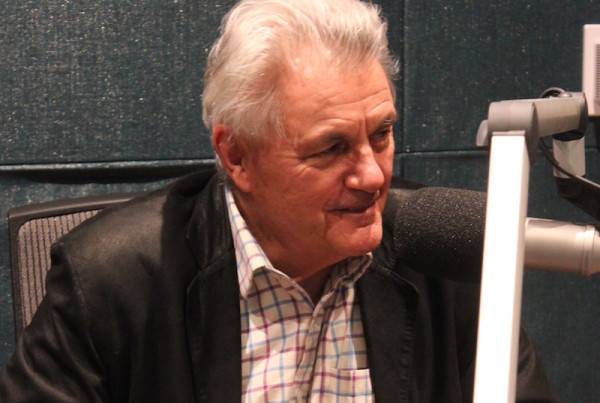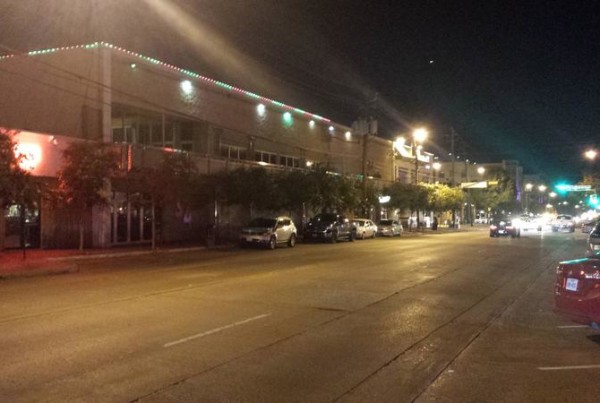Shortly after news broke in June 2014 that an unprecedented 50,000 unaccompanied Central American kids had arrived at the U.S. border in just over half a year, the White House declared a humanitarian crisis. Not long after, the public learned that the government had been using special detention centers to house thousands of undocumented women and children.
Recently Immigration and Customs Enforcement was ordered to release the mothers and children from confinement. So human rights monitors are unhappy that the same for-profit company that locked up the families now manages their cases after release.
NPR’s John Burnett has been following this story.
Burnett says GEO, the company who is managing this cases, is the second largest private prison company in the country and perhaps the leading for-profit prison company in the world, running 15 ICE detention centers in six states.
“They’re managing the immigrants after they have been released,” he says. “They’re putting ankle monitors on them, thousands of ankle monitors on these young women.”
They’re also making check-ins by phone and recently won a contract for doing case management for released immigrants in the community, which some advocates say GEO has no experience in doing.
“People like the Lutheran Immigration Services and Catholic charities who’ve done this kind of work,” he says. “They applied for this contract and were bypassed in favor of GEO, which is a ‘favorite’ partner of the federal government.”
The women Burnett spoke with said they were glad not to be in the detention centers, but said they still feel criminalized.
“They still feel, in a sense, that they’re still in jail because they have this big blinking electronic object on their ankles,” he says. “They have to charge it for hours a day and they have to check in with an officer from GEO Care.”
Advocates say these women have fled organized crime and seek asylum, so we shouldn’t treat them like criminals.
Listen to the full interview in the audio player above.


